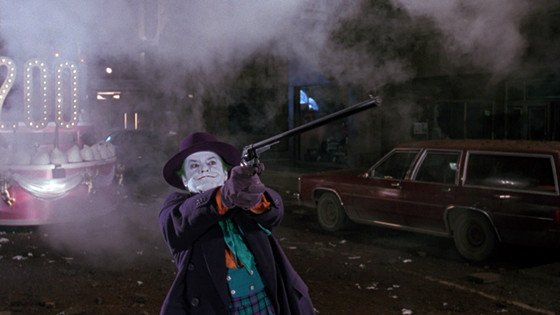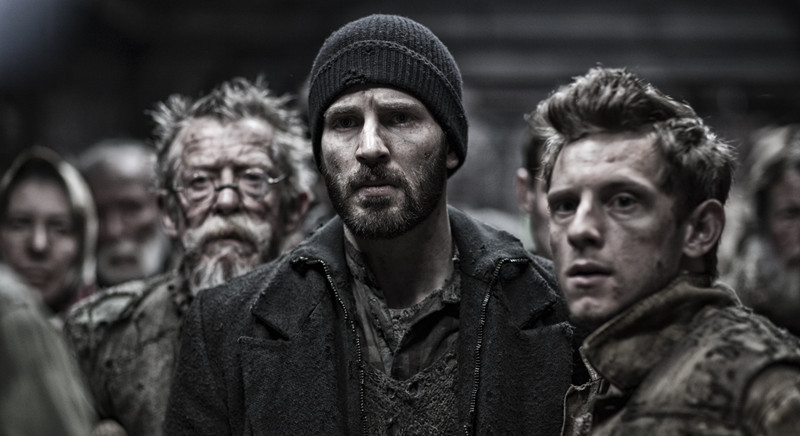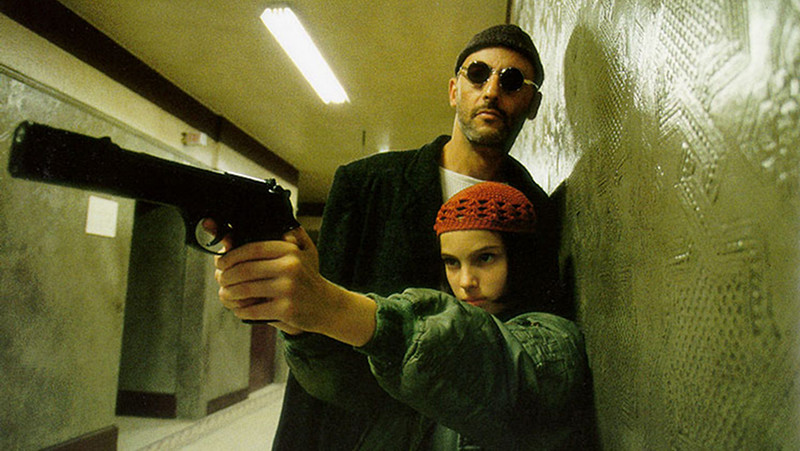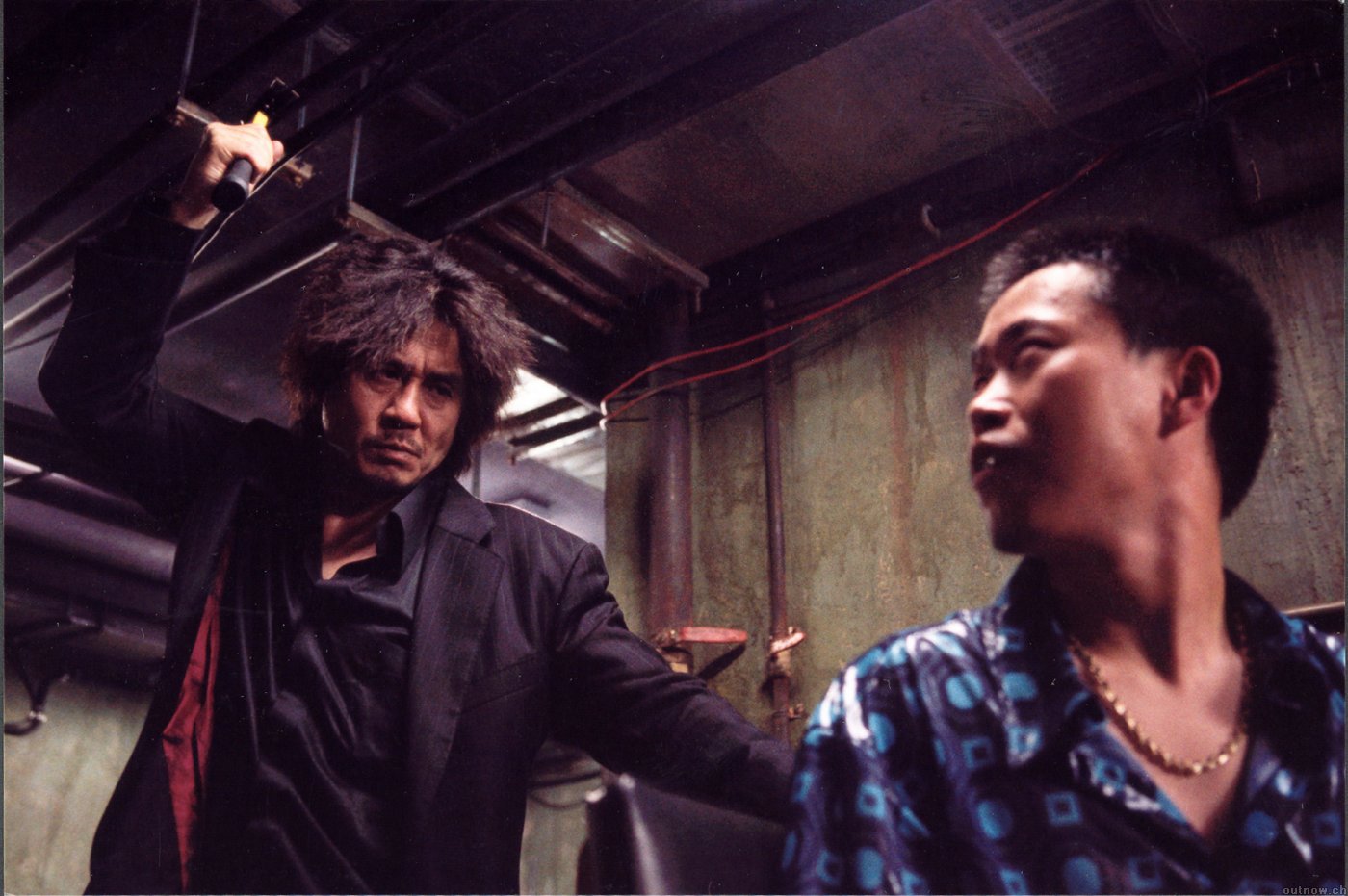
A common misconception is that action films cannot reach the same level of artistic merit of other genres, often because action films tend to lean towards popular entertainment.
This is often a puzzling argument, as it takes little research to understand that a great action film requires an extraordinary amount of craftsmanship and creativity from the cast and crew.
Indeed, some of the greatest action films of all-time, such as Raiders of the Lost Ark, The Matrix, or Mad Max: Fury Road are the rare films that are both technically perfect and compulsively entertaining, and there’s nothing wrong with being an entertaining film that appeals to a wide audience. However, those three action films, as well as countless others, are also unafraid to deal with more complex philosophy that appeals to more niche groups.
Many famous films were marketed with attention towards their action sequences and excitement, but they secretly deal with challenging issues and utilize unconventional filmmaking techniques. Here are ten famous action movies that are actually arthouse movies.
10. Batman (1989)

It’s hard to overstate how radically the public perception of superhero movies changed following the release of 1989’s Batman; the caped crusader was known to many as the campy Adam West character, and excitement for superhero movies had dwindled after the failures of the later films in the Christopher Reeves Superman series. Burton took a much different approach, drawing from early cinema of the 1920s and 30s to craft a noir tale with idiosyncratic architecture and iconography out of the German Expressionism movement, made to reflect the tone of the original run of the character by Bob Kane in the 1930s
Burton’s Batman also took an unconventional approach because it was almost entirely focused on the villain, with Jack Nicholson’s Joker stealing every scene he is in. The hero and villain roles are almost reversed; Joker is the colorful, joyously free character who is granted a complete backstory, whereas Michael Keaton’s Batman is reserved and constrained by the duality of being a reclusive billionaire and hero all at once.
9. Looper (2012)

Looper has a terrific premise for a sci-fi thriller- what if you had to kill your future self? While the film certainly has many imaginative action sequences, at its heart it’s a ponderous meditation on what events shape our destiny. For the younger Joe (Joseph Gordon-Levitt), he’s forced to confront an older version of himself (Bruce Willis) that has made all the mistakes he’s feared making. The conflict between the two is a literal depiction of what it’s like to scorn past regrets or fear a dark impending future.
The film asks how people are capable of villainous acts; an older Joe is willing to kill a child in order to preserve his own memory of the woman he loves, and Joe’s belligerent nature comes not out of hatred, but out of fear of losing what he loves most. The climactic third act examines how memory ripples out into the future, showing how personality-defining events are often inevitable.
8. Snowpiercer (2013)

The films of Bong Joon-ho are getting more attention than ever thanks to the tremendous success of Parasite, and anyone impressed with the razor sharp satire of class differences in that film should definitely check out Snowpiercer. The film examines the societal barriers that exist between different classes, and the struggle to have upward mobility is imagined as a brutal conflict in which many do not make it out alive.
By imagining the wealth gap as a pulpy, violent thriller that escalates as it rises, Bong perfectly summarizes the seemingly implausible nature of reality. The stark differences between the different levels of the train help to drive home his point, and it’s interesting to see how the effects of propaganda ripple down from the top. The film’s final moments, in which the rebellion itself was revealed to be just another preordained operation, are equally haunting and profound.
7. Leon: The Professional (1994)

Luc Besson certainly has a distinctive visual style that has inspired many imitators, but Leon: The Professional is an example of how his style can be channeled to tell an interesting perspective. Many films seek to explore the nature of violence and crime through the eyes of a child, and while Besson does this by telling the film from the perspective of young Natalie Portman’s character Mathilda Lando, it in no way sanitizes the brutality. In fact, it’s seeing this sleazy world from the eyes of someone never exposed to it that makes the action so eye popping.
Besson walks a clever line between his sadistic impulses and a genuine sincerity; it’s often a film that is cruel to the characters and revels in their suffering, but the pureness of Leon and Mathildas’ relationship and its familial connotation gives the story a beating heart. It’s these rife contradictions between the macabre and the pure that makes Leon: The Professional such a rare artistic achievement.
6. Oldboy (2003)

Park Chan-wook’s neo-noir masterpiece is one of the most psychologically tormenting films of all-time. It’s a film that turns the revenge fantasy on its head by revealing the utter depravity of all that seek vengeance, unleashing a labyrinth of secrets that provokes deeply unsettling questions about the ability to accept the nature of one’s reality. Even the most iconic action beats, such as the famous single shot fight scene, are novel in how removed they are from traditional choreography.
The most fascinating part of Oldboy, and what elevates it above other action films, is the ambiguous nature of the story. There’s a literal ambiguity to the ending, as Dae-su’s decision to erase his own memory is never revealed, which prompts the viewer to consider whether it is worse to live with the knowledge that Dae-su possesses or to live in blissful ignorance with the potential of reliving that pain all over again.